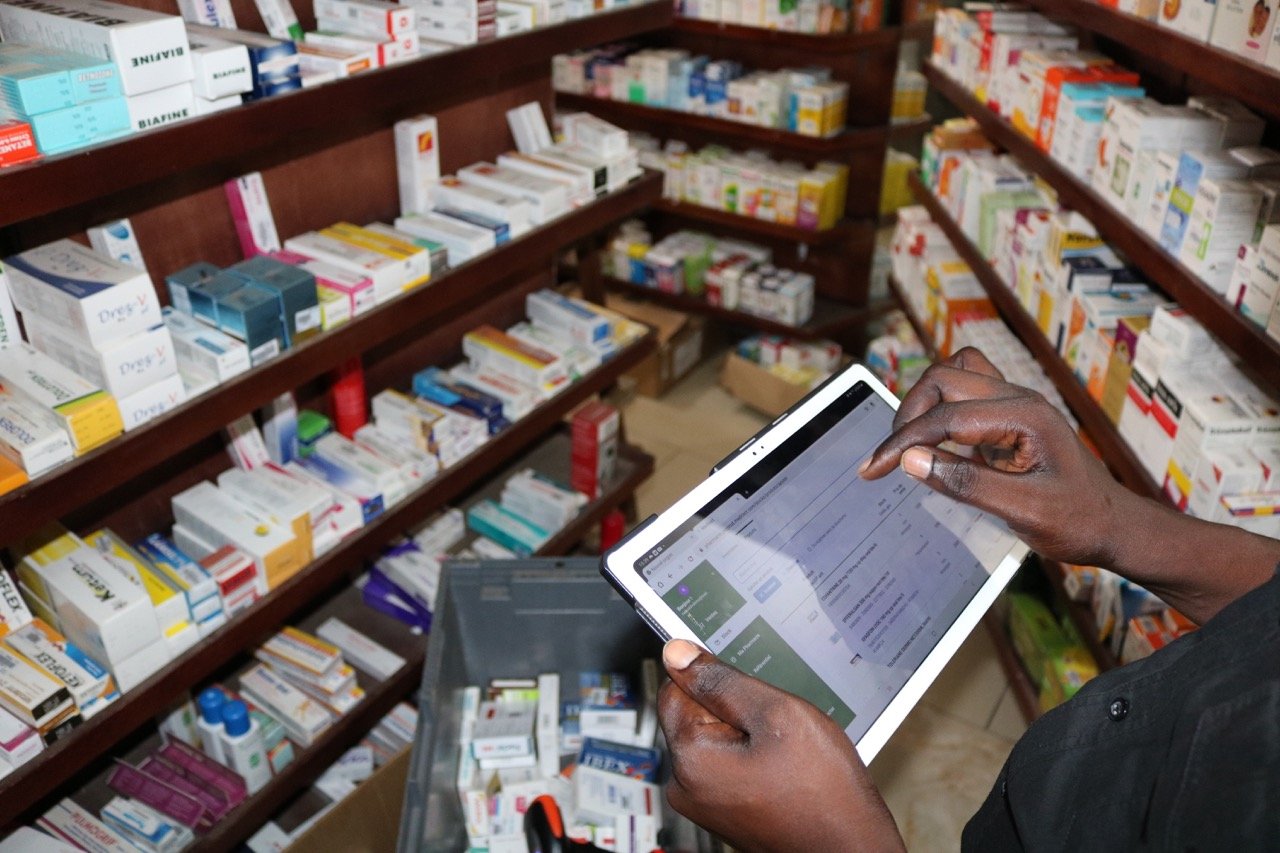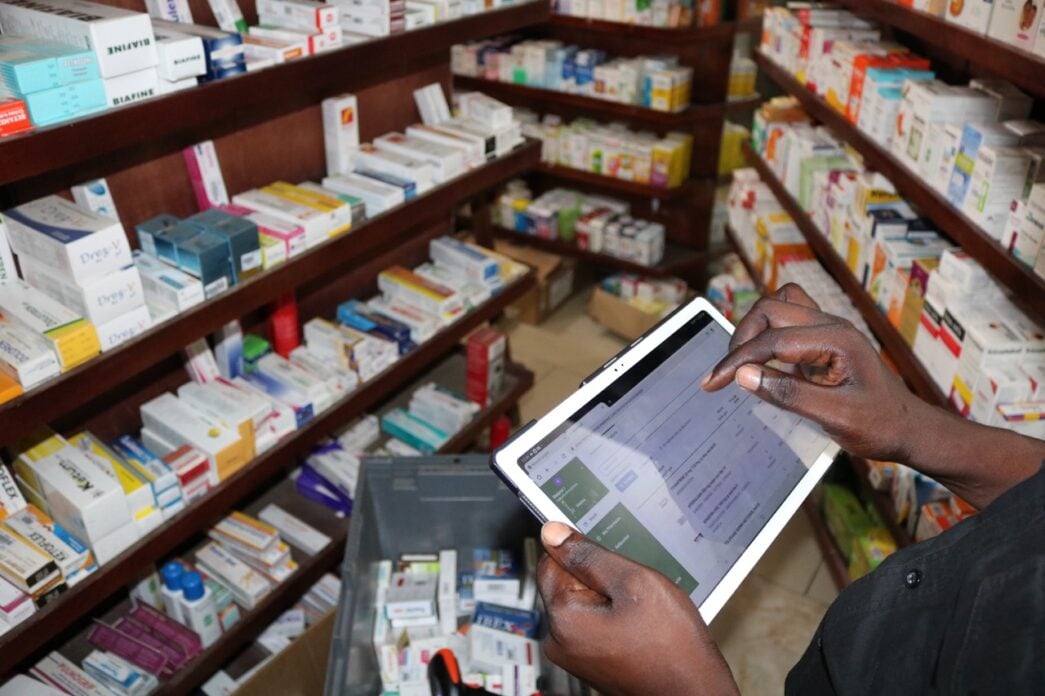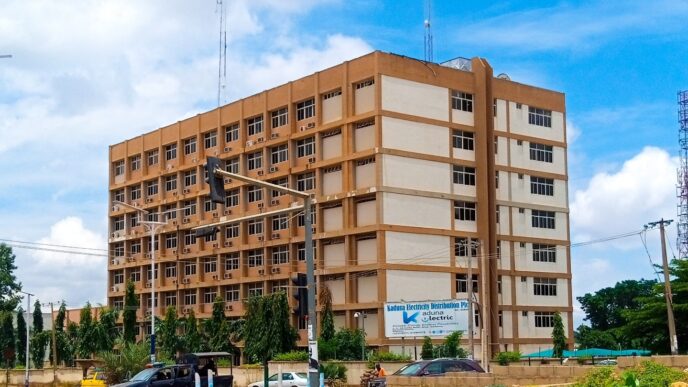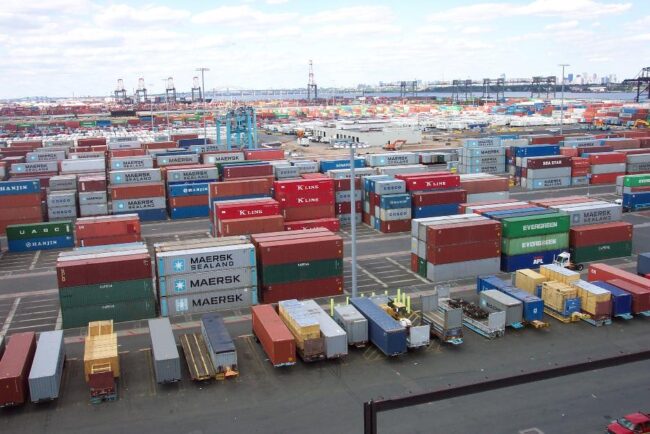Salient Advisory, a healthcare consulting firm, says health innovators in Africa are facing economic challenges and declining investments.
Salient, in its recent market intelligence report, said the fragmented nature of health supply chains in Africa has long posed significant barriers to efficient healthcare delivery, often resulting in limited access to essential medical products.
The report spotlighted 24 Africa-focused supply chain innovators “poised for significant impact”.
The innovators include Chefaa, DrugStoc, Field Inc, Figorr, Grinta, HealthPlus, Kasha, LifeBank, Maisha Meds, Meditect, mPedigree, and MYDAWA.
Advertisement
Others are Pendulum, PharmaSecure, Remedial Health, RxAll, Sobrus, Sproxil, Talamus Health, VIA Global Health, Viebeg, Wingcopter, Yodawy, and Zipline.
Titled, ‘Leading Innovations Enabling Health Product Access in Africa’, and funded by the Gates Foundation, the report highlights the resilience and leadership of the firms amid difficult macroeconomic realities and declining investments in African technology ecosystems.
“With falsified and substandard health products more prevalent in Africa than elsewhere, the human costs of these long-running inefficiencies cannot be overstated,” the report reads.
Advertisement
“The need for reliable, local, tech-enabled distribution systems to get products to patients is critical given the growing momentum in investments and policies directed towards local manufacturing.
“The emergence of these innovators is crucial as, in the face of worsening economic challenges and reduced donor funding, African governments and global health institutions have fewer resources to address health supply chain problems.”
In a statement on Wednesday, Salient said the 24 firms have been operational for 10 years, collectively partnering with over 100 manufacturers and 75 public health institutions.
The healthcare firm said their reach extends to around 50,000 providers serving hundreds of thousands of patients daily and delivering health products to millions of consumers.
Advertisement
Salient said despite their current positioning for substantive impact, the innovators require “targeted engagement from governments, donors, industry and global health institutions” to transform access for unserved populations and improve the cost-effectiveness of care.
To leverage leading innovators’ models in driving increases in access, the organisation said governments, industry, donors, and global health agencies should simplify regulatory pathways.
Salient said they should also explore innovators’ ability to generate cost savings for health systems, pursuing partnerships when the evidence is strong; and evolve contracting and payment systems to scale healthcare delivery.
Speaking on the launch of the report, Yomi Kazeem, engagement manager at Salient Advisory, said the findings underscore the remarkable resilience and growing impact of African supply chain innovators.
Advertisement
“Local and global public health communities must increasingly recognize and leverage the innovators in developing reliable and resilient health supply chains,” Kazeem said.
Also speaking, Ann Allen, senior programme officer at Gates Foundation, said technology-enabled innovations have the potential to help reverse long-running challenges in African health systems while creating local jobs and strengthening local health markets.
Advertisement
Allen said the report confirms innovators are increasingly “positioned to deliver on this promise”.
However, the programme officer said there is more to be done, as leveraging these innovations to transform cost-effective access for millions of unserved Africans would require concerted efforts from governments, industry, and global health agencies.
Advertisement
SPOTLIGHT ON NIGERIA
According to the report, Nigeria stands out as a leader in producing innovators as well as integrating them into public health systems.
Advertisement
It said 29 percent of the leading innovators are headquartered in Nigeria and on a larger scale than in any other country, governments in Nigeria are at the forefront of collaborating with health-tech innovators to optimise supply chains.
“One example is the partnership undertaken by the National Primary Health Care Development Agency (NPHCDA) during the COVID-19 pandemic, to leverage the Figorr cold chain solution to protect vaccine distribution campaigns across the country,” the report said.
While innovators are growing, they also encounter macroeconomic challenges including fast-rising inflation and currency depreciation in key markets, the report said.
It said innovators also struggle with the hiring and retention of experienced senior-level executives, due to immigration programmes that increasingly offer highly skilled professionals expedited pathways to permanent residency and citizenship abroad.
The report, however, said innovators are creating forex-generating revenue streams by pricing contracts in dollars and expanding into markets with historically stable currencies to address these macroeconomic challenges.
Add a comment










